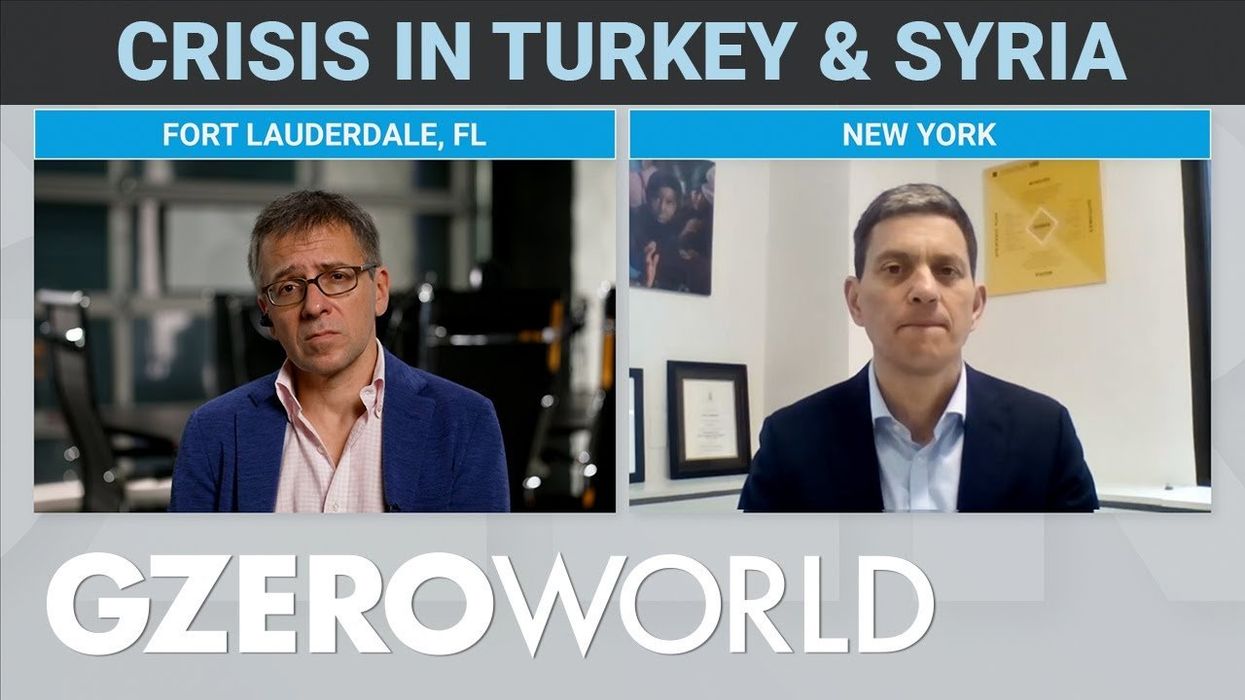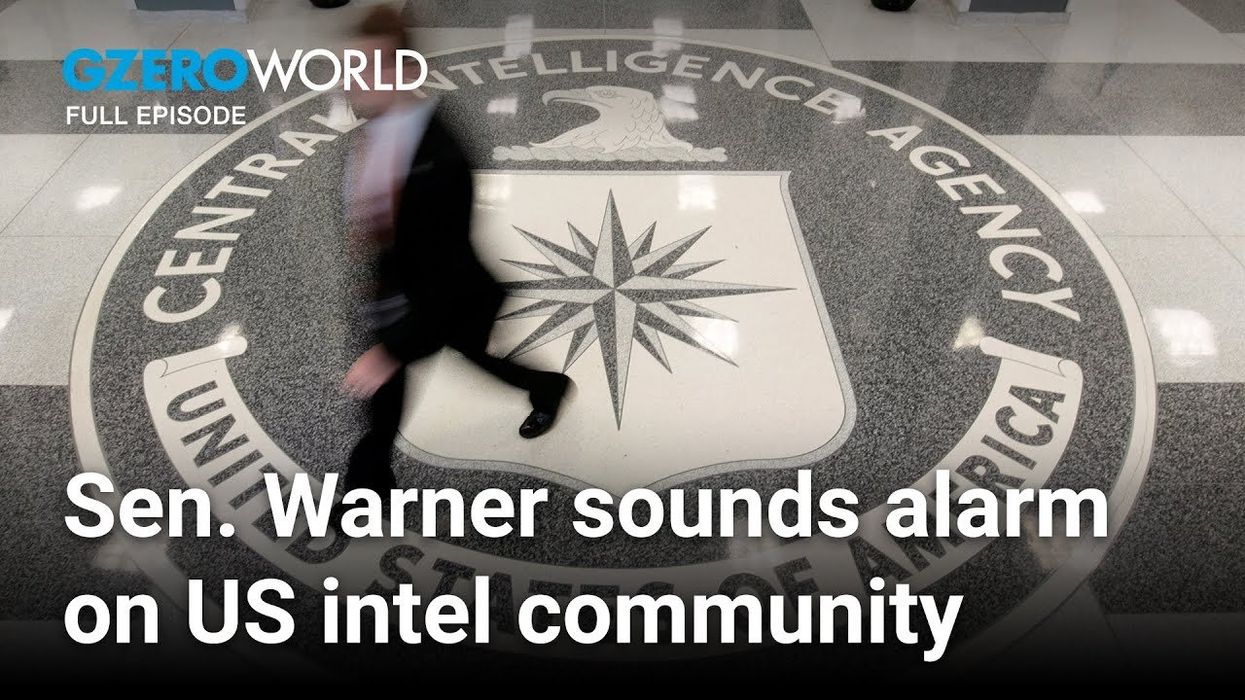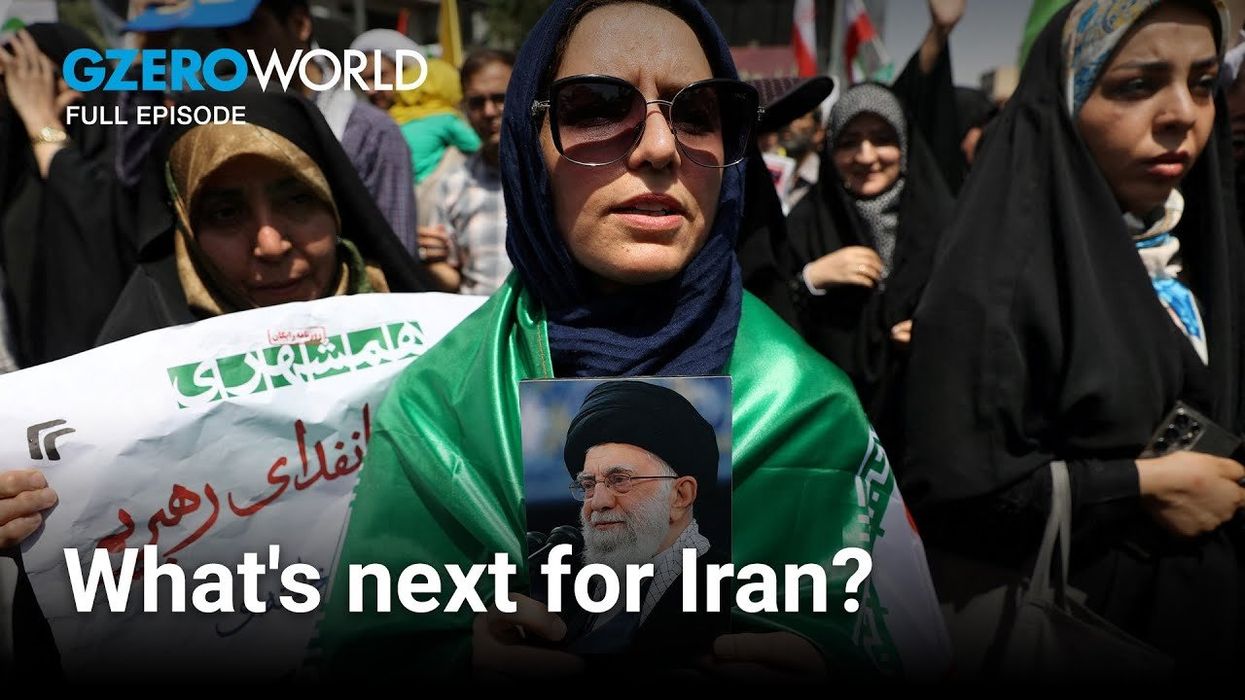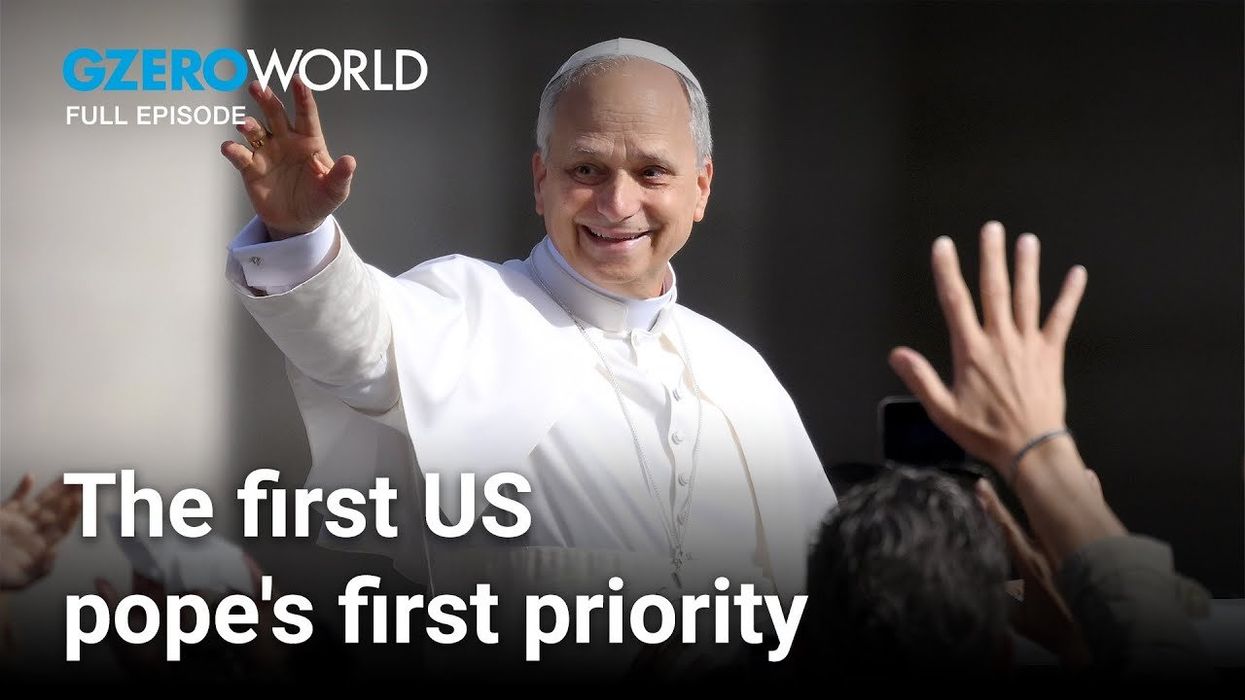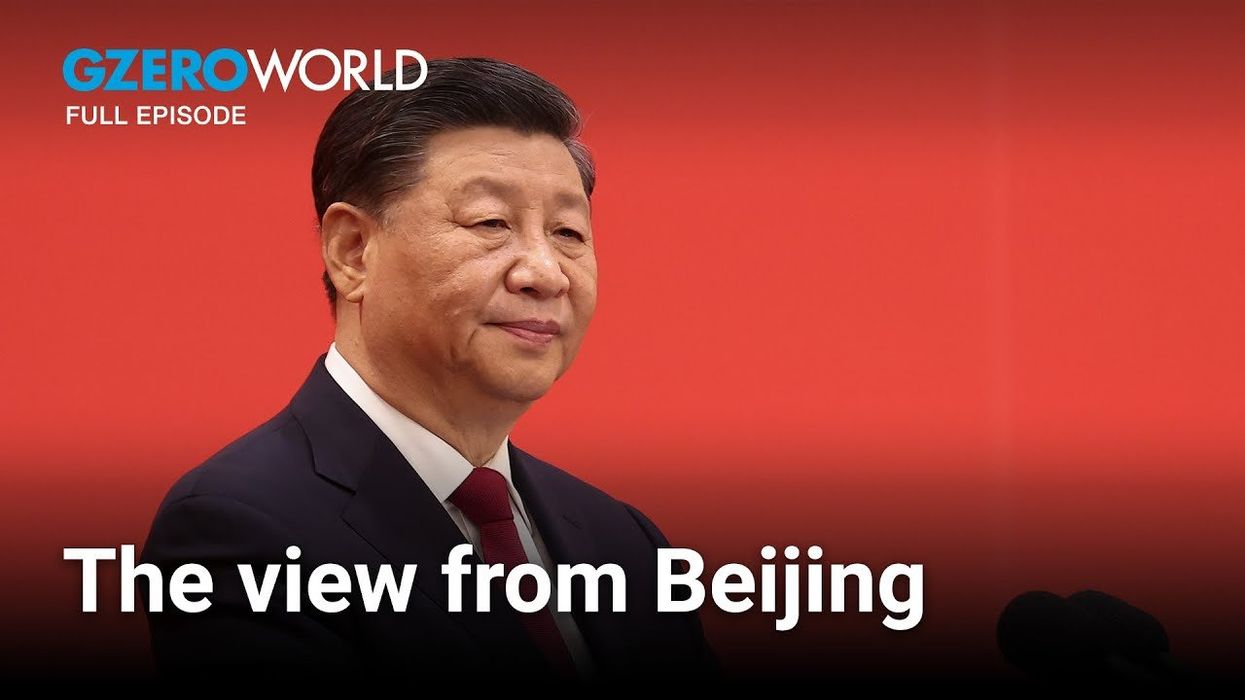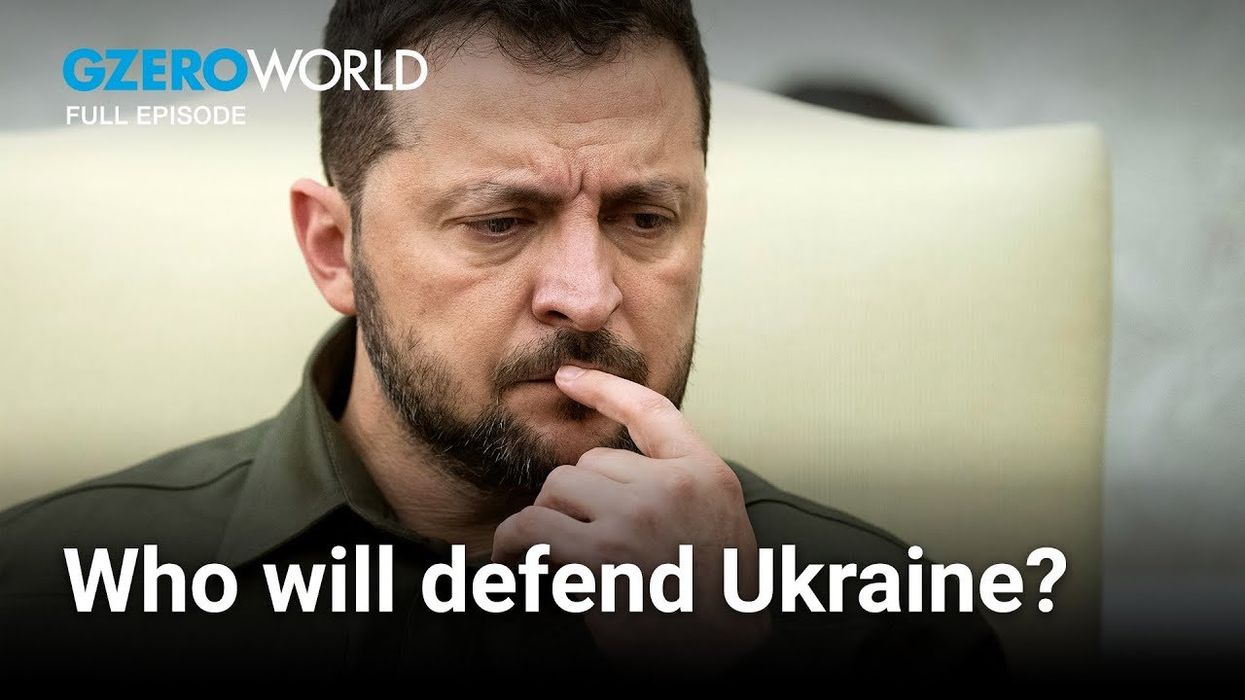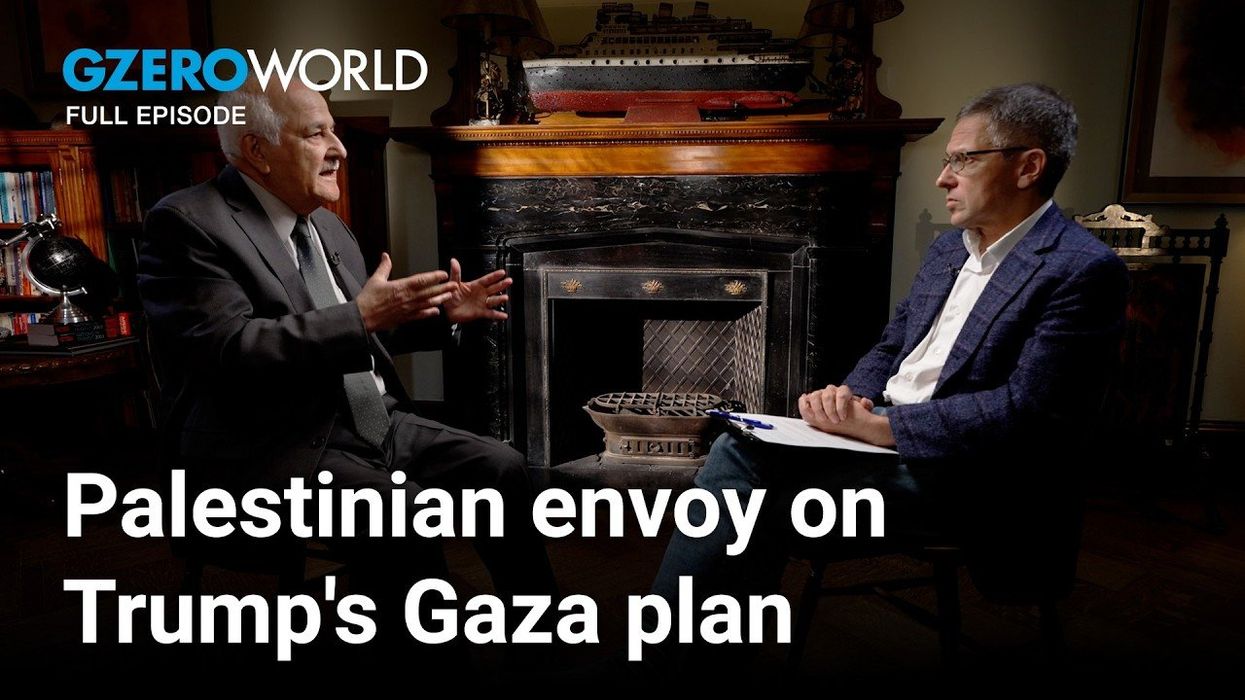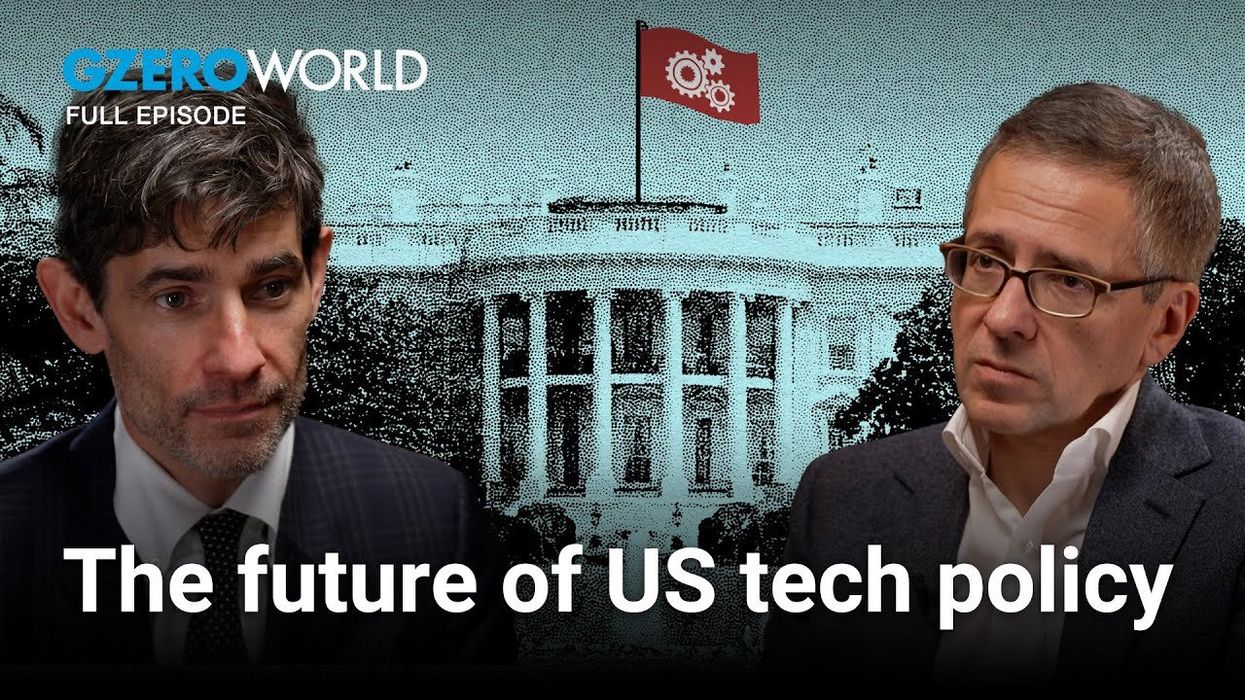VIDEOSGZERO World with Ian BremmerQuick TakePUPPET REGIMEIan ExplainsGZERO ReportsAsk IanGlobal Stage
Site Navigation
Search
Human content,
AI powered search.
Latest Stories
Start your day right!
Get latest updates and insights delivered to your inbox.
The recent earthquakes in Turkey and Syria have highlighted the challenges of providing aid in a region plagued by conflict and political instability. In conversation with Ian Bremmer on GZERO World, the International Rescue Committee's President and CEO, David Miliband, explains that aid delivery remains a challenge, particularly in the northwest of Syria controlled by armed opposition groups.
The earthquake has compounded the ongoing crises in Syria, as lack of adequate medical care, cholera outbreaks, freezing temperatures, and continued border skirmishes pose major risks to the population. Miliband notes, “If you live there, it's very hard for people to keep any hope at all.”
The critical task now is to scale up the delivery of aid to those still desperately in need in Turkey and Syria.
The disaster is quickly becoming a political issue in Turkey, as people accuse the government of lax building standards and corrupt permit systems. Although Miliband is no expert in structural engineering, he brings up Turkey's recovery after a devasting earthquake in 1999, which was plagued with accusations of corruption and led to the outster of the prime minister. Miliband predicts that the earthquake response will influence Turkey's upcoming election, adding to the political heat.
The migrant crisis is also a complex and pressing issue, with Miliband emphasizing the need to “balance fairness with humanity and fulfill legal as well as moral obligations for people who have been driven from their homes.”
Keep reading...Show less
More from GZERO World with Ian Bremmer
India vs. Pakistan: Rising tensions in South Asia
August 16, 2025
As Trump pressures universities, what's really at stake?
August 10, 2025
Are Trump's tariffs the end of the free trade era?
August 02, 2025
Is the US Intelligence community at a breaking point?
July 21, 2025
The dangerous new nuclear arms race
July 14, 2025
President Trump takes on the Judiciary
June 14, 2025
What’s behind Trump & Musk’s public feud?
June 10, 2025
Could China invade Taiwan?
June 09, 2025
Can Pope Leo XIV heal the Church–and his own country?
June 02, 2025
Why Sen. Chris Van Hollen stood up to Trump
May 12, 2025
The battle for free speech in Donald Trump's America
May 05, 2025
50 years after the Vietnam War
April 28, 2025
Will Russia agree to a ceasefire in Ukraine?
April 14, 2025
The rise of Elon Musk's DOGE under Trump
March 31, 2025
Trump’s trade war: Who really wins?
March 24, 2025
China’s next move
March 17, 2025
The fight to decide Ukraine's fate
March 02, 2025
Defending Ukraine and Europe without the US
February 24, 2025
What if Palestinians want to leave Gaza?
February 18, 2025
Who gets to decide Gaza's future?
February 17, 2025
Trump's health agenda—from RFK Jr. to leaving WHO
February 07, 2025
Europe's new future with Trump 2.0
February 03, 2025
Big Tech under Trump 2.0
January 20, 2025
Francis Fukuyama on the new leaderless global order
January 13, 2025
About the Show
Every week on GZERO World with Ian Bremmer, Ian explains the key global stories of the moment, sits down for an in-depth conversation with the newsmakers and thought leaders shaping our world.
Watch GZERO World on US public television and on GZERO's YouTube channel. GZERO WORLD with Ian Bremmer is a local public television program presented by THIRTEEN PBS.
GZERO Series
GZERO Daily: our free newsletter about global politics
Keep up with what’s going on around the world - and why it matters.
